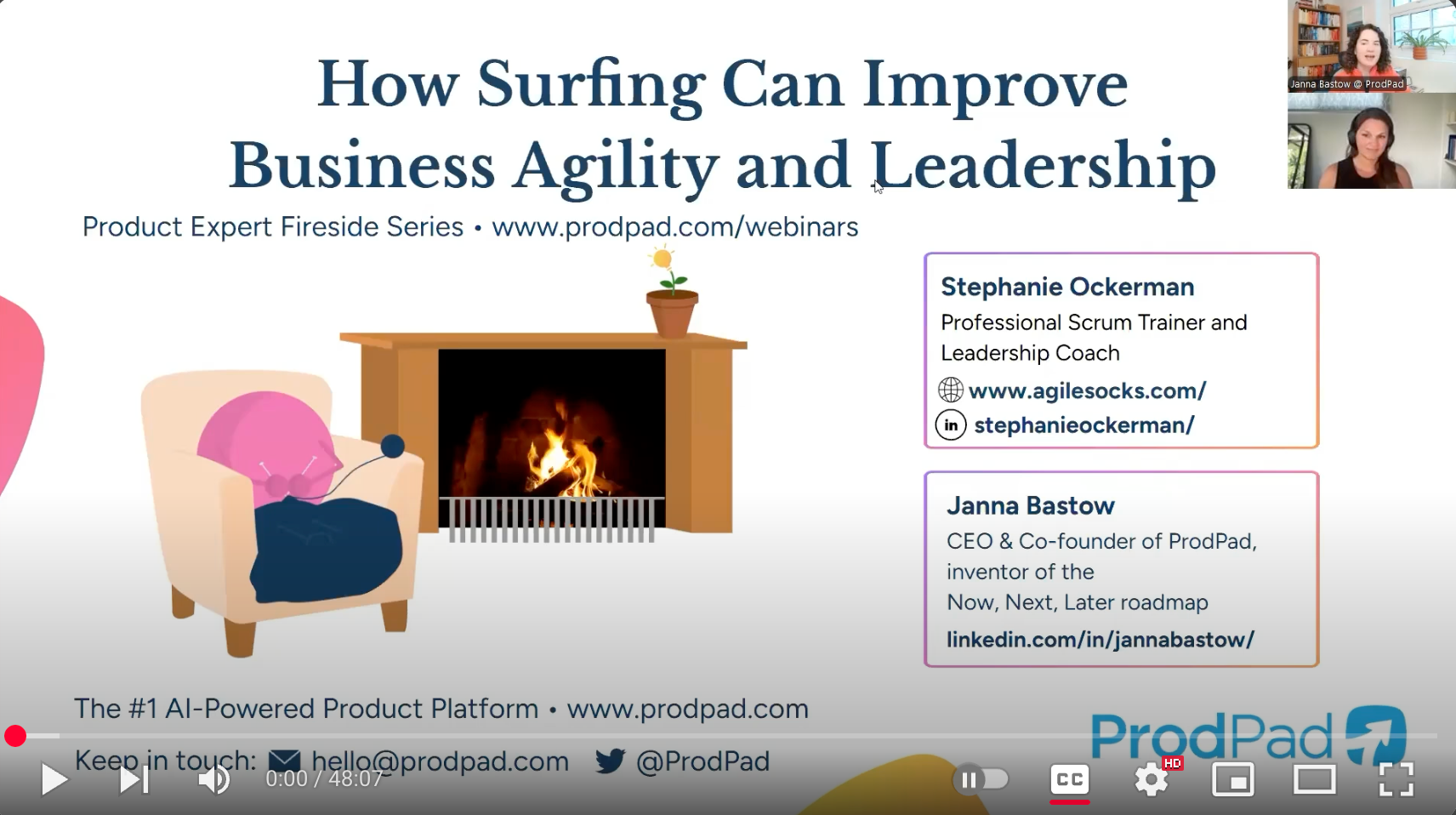
I recently read the book The Four Agreements: A Practical Guide to Personal Freedom. And I noticed strong correlations with what it takes to be an effective Scrum Master. I also see how some of these concepts show up throughout my Scrum Master: Grow 6-week online video course. In this post, I share some of the concepts from The Four Agreements that can help Scrum Masters truly step into their power and be effective servant-leaders.
What struck me about this agreement is that it is not just about the actual words we say. It’s more generally about our power to create (rather than destroy or reject).
And ultimately, this starts with self-acceptance. You must accept yourself as you are. That does not mean that you choose not to learn and grow. It means you take responsibility for your actions, but you shut down the voice in your head that judges and says harmful things to yourself (this is destructive).
Because you cannot actually integrate the learning and shift your energy to an open and creative space if you are in the reactive mode of self-criticism. And this directly impacts your ability to show up truthful and positive with others. It aligns with the idea that our thoughts affect our emotions, and our emotions affect our actions.
The Scrum Master role is complex, and you will make mistakes along the way. Consider how your thoughts, actions, and words demonstrate the power to create. When may they lean towards rejection or destruction?
The first agreement is about not harming ourselves or others with our word. The second agreement tells us how to deal with feeling hurt by others. Essentially, it boils down to this…
It is about them; it is not about you.
People are wonderfully weird (including you and me). We have different personality preferences, life experiences, perceptions, beliefs and values, interpretations of those beliefs and values, and so much more.
As a Scrum Master, you are supporting your Scrum Team and the wider organization in navigating complexity, unpredictability, and change. People (including you) will be feeling fear, uncertainty, and doubt, and this will likely drive some behavior. By not taking anything personally, you will experience less frustration and be able to stay in your power as a leader. You will be able to objectively view situations and stay creative, deciding what to do from a place of openness rather than constriction.
Not making assumptions has been a huge part of my personal practice, as well as my training and coaching work for a few years. (And we explore this deeper in Week 2 of the Scrum Master: Grow Program).
One powerful point in the book is that we often make assumptions because we don’t have the courage to ask questions. Instead we fill in the blanks and jump to conclusions about what is going on in someone else’s head.
Another reason we make assumptions is because we believe that people who know us and care about us (i.e. our team members and other colleagues) should just know what we want and how we feel. But remember, we are all wonderfully weird and living in our own version of reality. We should not assume people think the same way we think and feel how we feel.
Fear shows up a lot in our assumptions. Something I am consciously working to let go of is the fear of judgement and the fear of being misunderstood. Writing the book and launching the online course were big steps for me.
As a Scrum Master, you need to catch yourself when you make assumptions and start getting curious. You need to create an environment that seeks to understand others, creates space for all voices to be heard, and encourages greater clarity. What are you doing to make it safer to ask questions in your environment? Are there any fear-based assumptions you want to let go of?
Note this does not mean to push yourself too hard (sustainable pace!). Your energy is going to be different everyday. Running yourself into the ground and criticizing yourself will absolutely ensure you are not able to do your best.
Doing your best requires operating from a place of intrinsic motivation – enjoying the work and the process. I interpret this as being in alignment with your purpose, showing up intentionally, and being resilient. (And we explore this deeper in Week 1 of the Scrum Master: Grow Program).
I have a simple process that I incorporate into much of my work that I believe helps us stay true to these agreements.
Self-acceptance and awareness are what enable growth and transformation. As a Scrum Master, you will encounter failure and difficult situations. You can also be a model to your team and organization. Do you find ways to enjoy the work and the process, even when it’s hard? Or are you just trying to get through the day? How do you align to a bigger purpose and maintain a growth mindset?
It is no surprise that a book about personal freedom is so relevant for being an effective Scrum Master. Until we feel free to be ourselves, observe and seek to understand reality, it will be difficult to trust in ourselves, believe in others, and rely on empiricism.



AGILE SOCKS is a registered trademark of Agile Socks LLC. Other marks used herein are the property of their respective owners. For more information see Trademark Notice in Terms & Conditions.